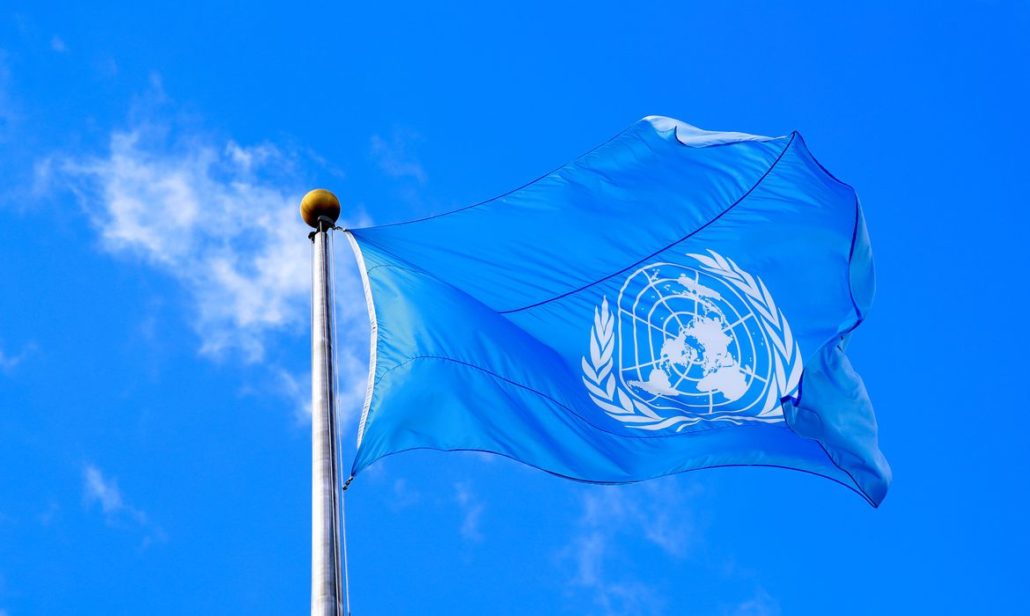Group says adoption would be “monumental setback for human rights”
06/23/2022

A group of independent experts from the United Nations released a statement in Geneva on Wednesday urging the Brazilian Senate to reject a bill on pesticides, warning that its adoption will mean a “monumental setback for human rights in the country.”
The experts are Marcos A. Orellana, special rapporteur on the implications for human rights of the environmentally sound management and disposal of hazardous substances and wastes; Melissa Upreti (chair/rapporteur), Dorothy Estrada Tanck (vice-chair), Elizabeth Broderick, Ivana Radačić, and Meskerem Geset Techane, with the Working Group on discrimination against women and girls; Michael Fakhri, special rapporteur on the right to food; Francisco Cali Tzay, special rapporteur on the rights of indigenous peoples; and Claudia Mahler, independent expert on the enjoyment of all human rights by older persons.
Ahead of the key Senate hearings on the bill PL 6,299/2002, which the report says is better known as the “poison package,” these experts warned that if the legislation is adopted, it will weaken regulations governing pesticide use in Brazil and expose people of all ages, including farmers, workers, indigenous peoples and peasant communities to hazardous substances with potentially devastating consequences for their health and well-being.
For them, it will mean a step backward in environmental regulations in the country. And they say they are alarmed by the bill’s provisions “that would allow the use of carcinogenic pesticides and those that carry a greater risk of reproductive and hormonal problems, and malformations in babies.”
In the statement, these experts call it a “myth” that pesticides are necessary to feed the world. “Pesticides present serious risks for human health and environment at a local and global scale,” they say.
The experts consider that the approval of the bill would aggravate the serious human rights issues in Brazil related to pesticides and call on the Brazilian government to approve and effectively enforce measures including a ban on aerial spraying and on the use of pesticides near housing, schools, water resources and other protected areas.
“Without further measures to ensure businesses respect human rights and the environment, abuses will continue to proliferate if this draft bill is adopted,” they said. The statement said these experts are in dialogue with the Bolsonaro administration on the issue.
The special rapporteurs, independent experts and working groups are part of what is known as the Special Procedures of the Human Rights Council. Special Procedures, the largest body of independent experts in the UN Human Rights system, is the general name of the independent fact-finding and monitoring mechanisms that address either specific country situations or thematic issues in all parts of the world.
The United Nations explains that the Special Procedures’ experts work on a voluntary basis; they are not UN staff and do not receive a salary for their work. They are independent of any government or organization and serve in their individual capacity.
By Assis Moreira — Geneva
Source: Valor International
